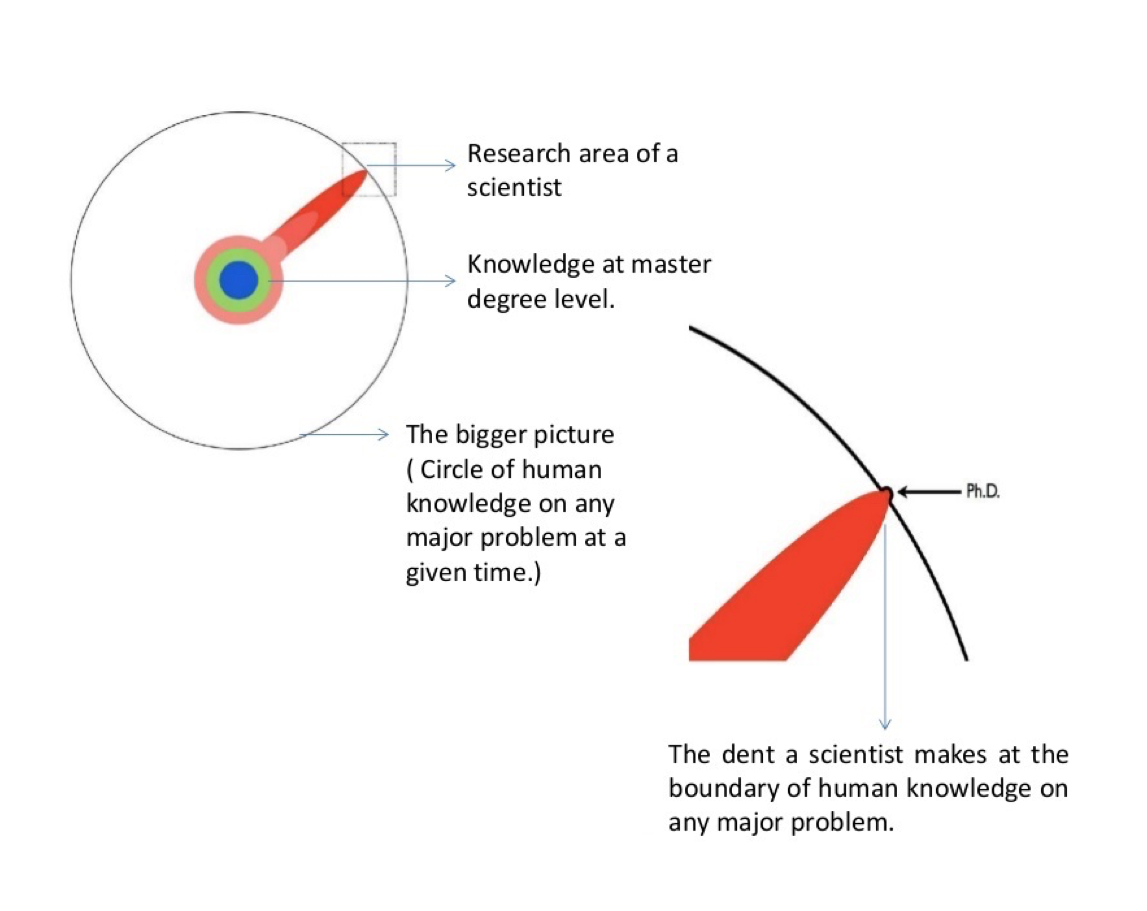This is just a final post and reflection on my PhD project.
Final Thoughts
This post will be short compared to my other posts about my PhD It will include a brief summary and my final thoughts about what I did, any remaining work I want to explore, and what I have learned about robotics projects in general. First, I’d like to thank my academic supervisors, Dr Damith Herath and Dr Roland Goecke. Their guidance and support were invaluable, and I’m incredibly grateful to both of them for their time and energy.
The broad story of my thesis was identifying gaps in existing grippers designed for fabric manipulation, creating a prototype from these insights, and then applying machine learning techniques to this prototype. The part of my degree I will always look back on the fondest was the chance to explore many engineering disciplines in a context that overlapped and connected them together. Applying mechanical engineering, software development, and machine learning techniques together in a single system and investigating the interplay was fascinating. I also found analysing previous grippers with taxonomies that used neuroscientific definitions and the human-study that I ran surprising non-technical elements that enhanced the engineering performed further down the line.
The major personal takeaway from both my degree and academic projects was that despite exploring several multidisciplinary topics, including anthropomorphic taxonomies with neurological definitions, mathematics, control theory, human-robot interaction (HRI), several engineering disciplines (software, design, mechanics, electronics), and machine learning (supervised image classification/detection and reinforcement learning), there still many further domains within robotics and no single engineer can be an expert in every aspect. This speaks to how adaptable anyone working in robotics must be and highlights the vital aspect of collaboration/teamwork to bring a robotics project to life.
That said, I’m really grateful for the time I spent throughout my PhD and all the research I was lucky to be a part of. It was a great experience to identify limitations in previous engineering projects using unique analysis frameworks and formulate a solution. In addition, after working on these various projects, I’m familiar with the process needed for robotics development, the ROS stack to write scalable robotics code, and methods for comprehensively ensuring robotics work safely when deployed in the wild.

The reality of a PhD, source.
Unfortunately, most PhD projects are rarely ground-breaking or world-changing research. I’m reminded of Matt Might’s photo above. Like many PhDs, my project also falls under this description, focusing on the pick-and-place sorting of post-consumer clothing. Allowing robots to perform the complex task of generalised fabric manipulation, including skills like placing garments on coat hangers, folding, or grabbing a stack of folded garments without disturbing the clothing, is well beyond current robotic capabilities.
Although, at the time of writing this, 2023, who knows what advancements will occur in the near future. Whatever the solution, it will likely involve complex gripper design, sophisticated haptic sensing, advanced deep learning algorithms, and robust computer vision modules. Even though my solution would not be ideal for such a lofty long-term goal, I hope that the underlying root of my PhD research that comprehensively surveyed human grasping might play a role in scoping out some of the challenges involved.
Lastly, I have been fortunate enough to receive some local funding here in Australia to investigate the commercialisation of this research, deploying robots to recyclers to impact the textile waste issue. As this post is being written, the investigation to establish the viability of such a project is underway, which I’m finding super interesting. This real-world impact would not have been possible without the research of this thesis, and I am grateful to my collaborators, supervisors, friends and mentors for their support throughout this journey.
This concludes the summary of my PhD work; I am exploring a commercialisation opportunity thanks to a grant from the ACT government in Canberra, Australia. Details about this spin-off of my PhD will be provided in a blog post that will soon be released.